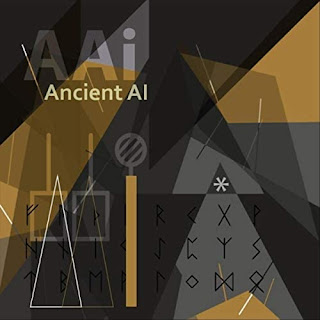Designed Music
I don't like the idea that creativity has to be convenient—they are two terms that don't go together. We want things in a creative environment to perhaps be a little bit easier to do, but that's what tools do: If you have a tool that is well-designed and doesn't hurt your hand when you use it then that's an element of design. In many ways, music has to be "designed".
The more we do something the more we can get out of it but the question is whether the things that we're doing with a certain technology by forcing a result, results in something that's actually good. This is something that I've been observing with artificial intelligence in general over the past decade. I was initially interested in it as an extension of generative music, but the more that they hype it, write articles about it and share it on social media it looks like it has legs—that this is going to be a promising technology.
The articles that I've been reading lately are covering kind of the same territory as they have over the past five years. There's been really no development at all. I do like the Boomy app—which is essentially a randomness generator on sample libraries organized into categories, which you can move around on a (crude) timeline. But I see it as raw material, not a finalized piece of music. I like to play guitar, bass, or keyboard against it and attempt to shape it into a viable musical idea. It might work out of the box, but usually it doesn't. No one would be satisfied with the result.
One of the complaints I have about AI is that it promotes the idea of convenience in creativity. But what else are you going to do with your time? If it takes five five minutes to write (generate) a song and release it on Spotify how satisfying is that? You want to have something that you can spend three to five hours on—or a week or a month.
9/6/2021

Comments